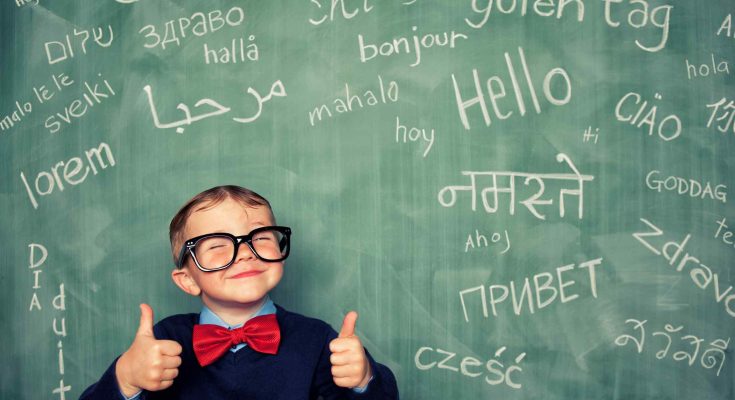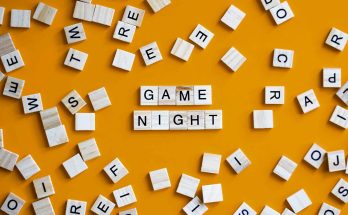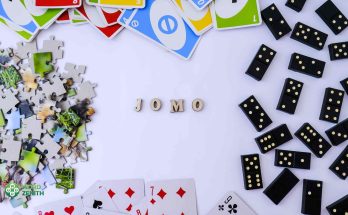It is amazing to see how classic word games still remain popular among different generations in a time when flashy video games and immersive virtual reality experiences have taken over. These simple games such as Scrabble and crossword puzzles have not lost their appeal over the years, hence they are still played by many people today. But what is so special about them? We will explore the timeless appeal of this kind of games and try to understand why they never go out of style.
Joy of Language
Classic word games are founded on deep love for language. Words are the basic tools for communication, with word games helping us play with words in a fun way. Whether it is making up words from jumbled alphabets or cracking cryptic clues in crossword puzzles, these games allow you to appreciate how rich and diverse languages could be.
Scrabble: The Definitive Word Challenge
Scrabble is arguably the most typical among word games, a perfect example of intellectual approach towards language studies. The objective here is that players compete against each other to make as many words as possible on a grid board by strategically placing letter tiles which earns them points. It remains one of few games that can be used for dates as well as family bonding since it involves strategy, vocabulary building and creativity all mashed up together in a single package. This implies that players must always anticipate ahead thus making it an exciting brain teaser.
Crossword Puzzles: An Intelligence Test
Crossword puzzles provide yet another type of verbal challenge. Solvers must depend on their knowledge of words along with the ability to decode obscure hints because clues could be straight forward or ambiguous at times. The fulfillment derived from filling in the grid – letter by letter, unearthing hidden expressions has made crosswords popular pastimes worldwide among millions.
Social Interaction and Connection
While certainly some people enjoy playing these mind tests alone, word games are known to be effective unifiers. These activities encourage interaction between people more than any other.
Scrabble Nights and Wordplay Gatherings
Many families as well as groups of friends have already made scrabble nights a tradition. The players sit around the board playing against each other while making jokes among themselves. It also encourages discussions about languages, books and everything happening around. In a world dominated by screens, Scrabble nights help us reconnect with one another in person.
Collaborative Puzzle Solving
Socialization is a significant part of crossword puzzles. Crossword nuts usually belong to some kind of club where they exchange ideas on clues, give out suggestions for solving them or even share their personal victories. Collaborative solving creates a sense of comradeship among fans irrespective of their location or background leading to close friendships being formed over this common interest in crosswords.
Cognitive Benefits and Mental Stimulation
Classic word games are not only entertaining but also contribute much to mental growth by providing numerous cognitive advantages that are necessary for development and thought stimulation. Engaging in playing with words helps in developing our minds such as memory improvement, vocabulary expansion and problem-solving sharpening
Scrabble: Deceptive Brain Exercise
Many people consider Scrabble a brain workout in disguise. The game calls for critical thinking, letter analysis and prudence in gaming moves. Research also indicates that regular play of the game improves cognitive abilities, particularly with respect to language processing and executive function. Moreover, the competition in it adds some adrenaline which further improves cognitive engagement and performance.
Crossword Puzzles: A Mental Gym
Crucially, crossword puzzles are famous for their ability to keep the mind agile and sharp. It takes different types of cognition to solve a crossword puzzle ranging from pattern recognition to deductive reasoning and associative thinking. As such solvers grapple with clues and grid fill-ins, they give their brains a good exercise that may have long-term benefits for cognitive health. Some studies even suggested that engaging in crossword puzzles on a regular basis could help prevent Alzheimer’s disease as well as other age-related mental declines.
Universal Reach
One reason why classic word games are still popular is because they can be played by anyone anywhere anytime (accessibility). There is no need for any special gear or technical know-how like what you would expect from other forms of entertainment, words are fun and can be enjoyed by virtually all human beings irrespective of age, race or social class.
Low Barrier Games
Pen & paper plus very basic game sets work fine when it comes to word games because they do not have much more than those requirements. This has made them welcome to people at all stages of life including toddlers who are just learning how to spell or senior citizens who want something that will help them keep their memory strong forever since the rules are simple enough for beginners to grasp easily. Word games in themselves offer an open door atmosphere as far as participation goes.
Globalization Through Culture And Language
The ability for these games to adopt various languages demonstrates their universality besides being a conifer factor like most people believe concerning Scrabble and crossword puzzles. Almost every language on earth has its form of the games, including those that are based on languages spoken in English speaking countries. This cultural and linguistic diversity ensures that word games remain relevant and accessible to a global audience, transcending geographical boundaries and fostering cross-cultural connections.
Read More: The Effectiveness of Word Games in Improving Memory Retention
Conclusion
In a world of fast changes, classical crossword puzzles create an atmosphere of warmth and stability. The reason for their constant attraction is the celebration of language, socializing function they perform, cognitive benefits derived from them as well as universal nature. From an experienced Scrabble player to a lover of crosswords, these games go beyond generations and cultures, reminding us how powerful words can be in entertaining, educating and uniting people across the globe. As we trudge through this ever changing gaming landscape let it be known that gaming isn’t only about complexities but the simple things like playing a good old fashioned word game.



